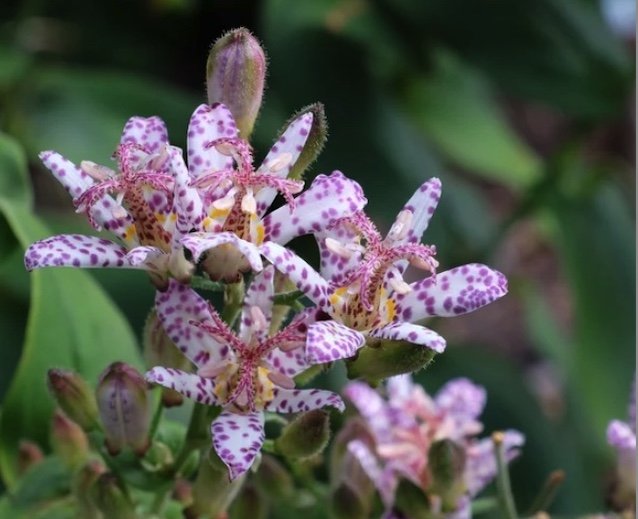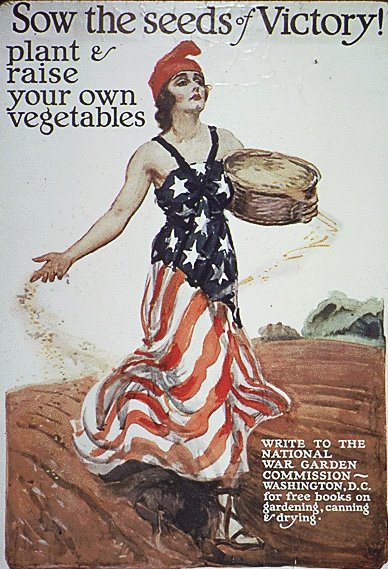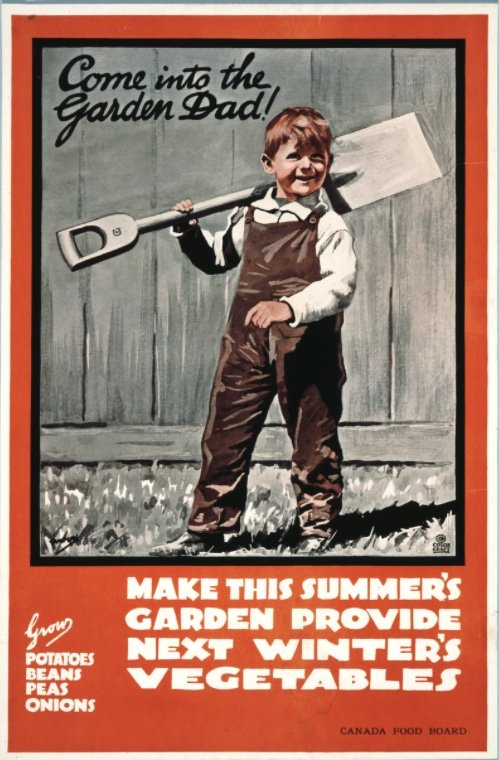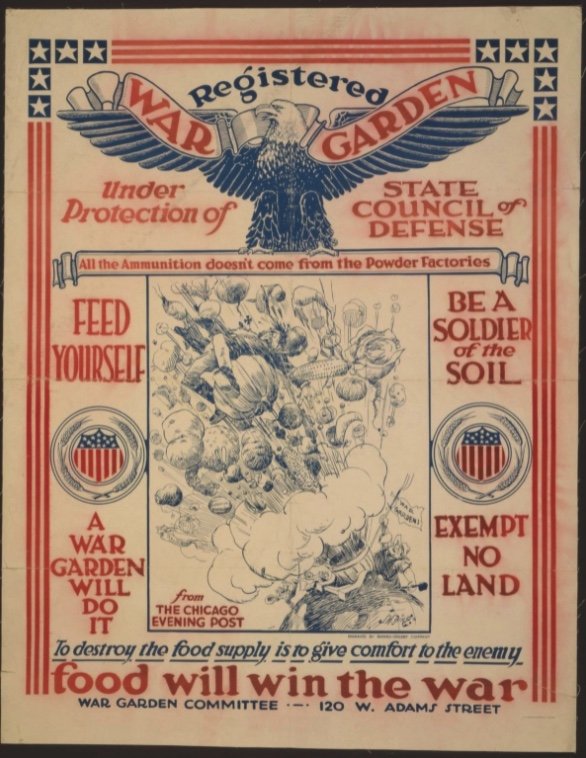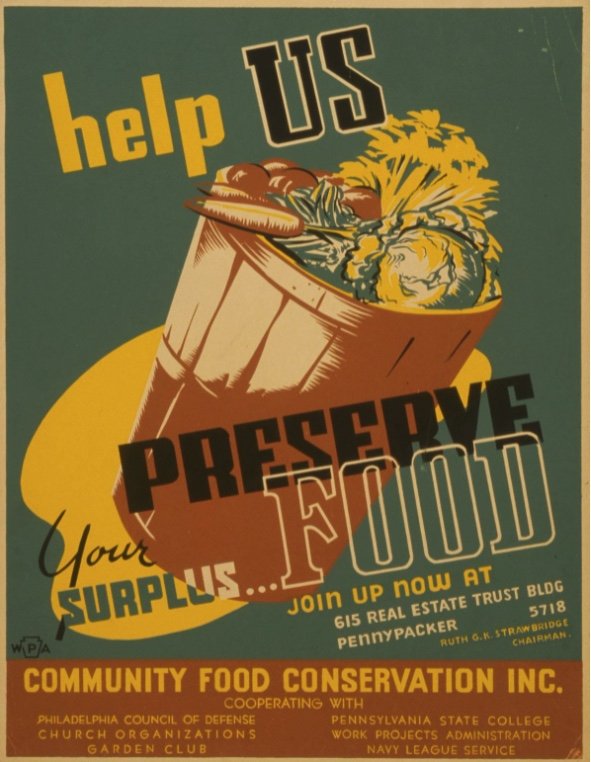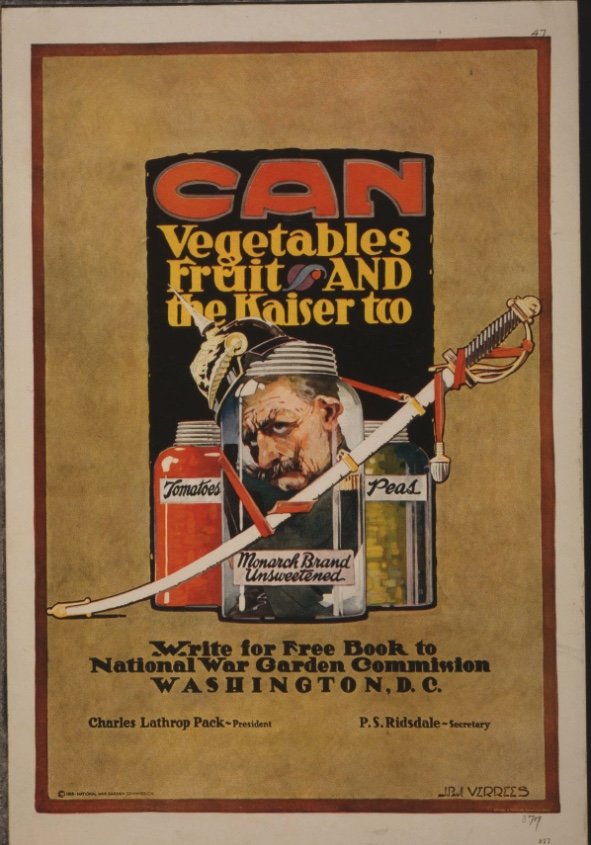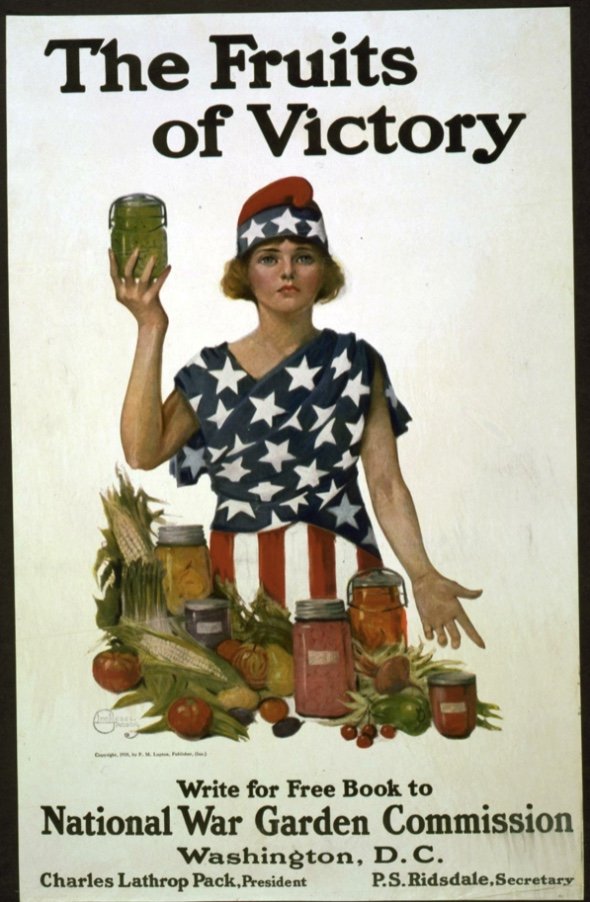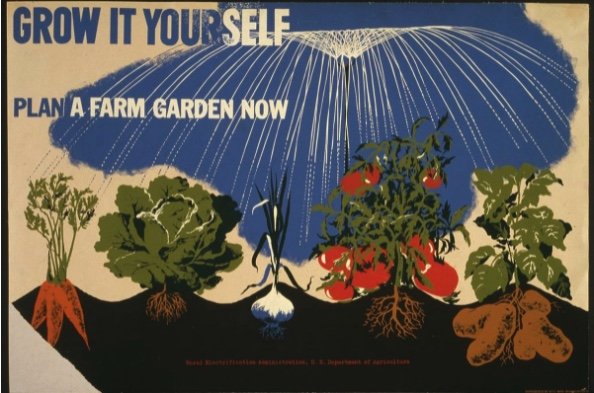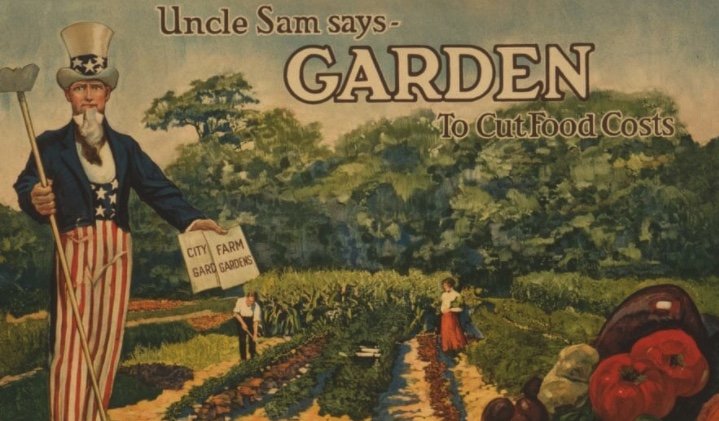A walk around the garden reveals the winter that was. And it was a doozy, mainly because of the wind. And then there was the ice.
I’ve not seen some of my neighbors in months, but as they emerge, they share similar sentiments, “Wow, that was a rough winter.”
As I step over branches, I find a garden as muddled as my mind: 55 mile-an-hour winds split the old dogwood in two; the bluebird box was ripped off the maple and went airborne; the snowplow broke and buried three of my beautyberry bushes; chunks of blacktop from the heaved road landed in the front flowerbed…
It’s hard to say which looks worse, the parched hellebores or my chapped lips. Three words come to mind: Transpiration. Desiccation. Evaporation. Those relentless winds sucked the moisture out of every living thing.
Still, it’s spring.
Life is oozing up and giddy chipmunks are dropping out of the stone wall and basking in the sun. I take note of the crammed wonders: crocus, snowdrops, hyacinth, winter aconites and daffodils. Oh, and here’s my favorite: Katherine Hodgkin dwarf iris. Don’t be fooled by the delicate, tissue-y petals, these petite beauties are rugged. I make a note to plant more.
A friend sent me a text last week proclaiming his first walk without a jacket in months. We celebrated his jacket-less walk and bare arms (there has to be an emoji for that).
As I survey the garden, I’ll have to wait and see what survives. It’s too soon to tell if the butterfly bushes asleep under a bed of mulch made it. Dang, I shouldn’t have planted them on the northwest side of the house where the wind whips around the corner. If they live, I make a note to relocate them.
A male Carolina wren is checking out one of the wren houses. The female will have the final say (don’t they always?). I’m glad I cleaned them out last fall. I find the bluebird box at the edge of the property. I had better get it re-attached to the maple soon. Last week a flock of bluebirds landed in the old lilac bush where the wren house hangs, and one by one, they tried to squeeze into the opening. As they waited their turn, they were undeterred that not a single attempt succeeded. Instead, they patiently persevered, each testing its ability to get its head in the opening. Eventually they called it quits.
The Japanese stewartia and snowbell lost branches in the ice storm. I make a note to sharpen my pruning saw. And will you look at the witch hazel in bloom against that indigo sky?
I breathe in spring and relish this crowded nook of earth in a territory of my own.

















